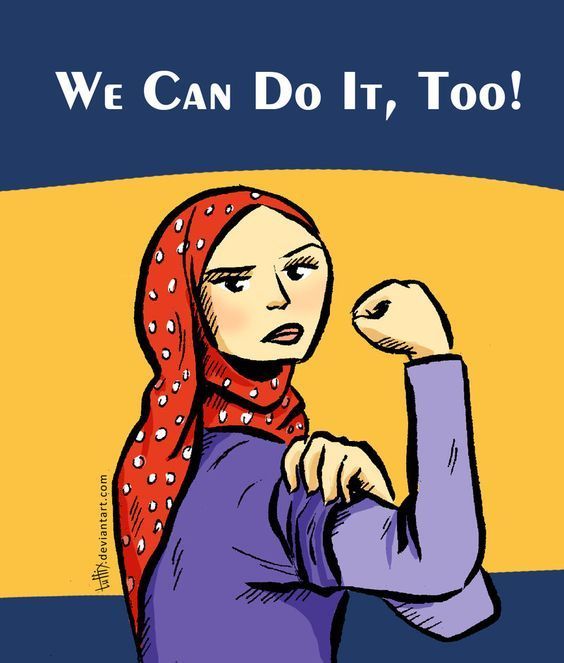In today’s session, our discussion was about terrorism and armed groups. This got me to really think about how world-wide interconnectedness on the ideological, political, technical and economic spheres of globalization has manifested a modern phenomenon of global transnational terrorism. I adopt the definition of terrorism as the unlawful use of violent or intimidation techniques in the pursuit of political aims. Contemporary terrorism began in the 1960s and has spread to nearly all parts of the world. The Middle East and North Africa region is currently the hub of terrorism led by Al-Qaeda and the Islamic State. However, globalization’s shift of the balance of power in the international system has allowed terrorist activities to prevail and expand across seas.
The end of World War II brought about a dramatic increase of globalization which is comprised of the integration of the world economy, the advancement of communication technology, and the expansion of air travel. In addition, the US’s victory over the Soviet Union in the Cold war shaped the social and cultural dimensions of globalization into a modern form of spreading progressive Western liberal ideologies. The global dimension of technology, ideology, politics and economy has not only led to the outbreak of terrorism, but also bolstered it into a cancerous transnational phenomenon that cultivates within and beyond states’ borders.
Contemporary terrorism emerged as a response to globalization on a socio-political and economic level. Western powers’ general interventionist approach to international relations that aims to spread liberal Western values of democracy and freedom, and the facility of movement of these ideas across geographical spaces resulted in an unprecedented contact between dissimilar groups. This proximity of different societies has led to a clash of cultures and ideologies. Terrorists perceive themselves as “freedom fighter[s]” against Western hegemony and its colonial aspirations in the region. This is exemplified by the rise of Al-Qaeda and the intensification of Islamic and Arab fundamentalism as a reaction to the US’s intervention in the First Gulf War and the its War on Terror in the early 1990s. Therefore, terrorist groups such as ISIS and Al-Qaeda seek to inspire resistance against the West by example in the pursuit of a socio-political change that rejects the prevalence of Western values.
Modern terrorism capitalizes on the vulnerability of groups that are disadvantaged by the economic changes of globalization. Contemporary forms of economic globalization, particularly the intensification in the facility of trade, investment, migration, finance and the increasing reach of multinational corporations has proven to be fundamental for states’ economic growth and nourishment. However, this system has also led to the increase of inequality between and within states and the segmentation of the global. Disadvantaged groups perceive globalization as a Western-orchestrated evil that has to be opposed by violence. Although there are other conditions that breed terrorists such as systematic injustices and marginalization, contemporary terrorism is a weapon of the weak that is utilized in response to the what they perceive as negative effects of globalization. In order to understand the global prevalence of terrorism, it is imperative to discuss globalization’s impact on the balance in the world order. There are some sceptics that believe that the intensity of globalization is highly exaggerated. They argue that the period between 1870 and 1914 was much more globalized economically, politically and culturally and that there has always been trade among different societal groups and immigration to various geographical spaces. They also reject the notion that globalization undermines the role of the state. However, Al Qaeda’s terrorist attacks of September 11 and the expansion of the Islamic State in the Middle East debunk the notion that geopolitics, state power and boundaries remain intact regardless of the interconnectedness.
Instead, I believe in a transformationalist approach which argues that globalization has indeed had led to the transformation in power on the national and international levels. Globalization has transformed power in a sense that allows for the continuation of politics by new means. It has orchestrated the re-organization of economic, political, military and cultural power. This is due to the fact that advancement in communication technology and transportation has deprived states of the monopoly of collective action. The state was the only structured institution that could mobilize a large number of people, and it would often be held accountable for its actions whether by revolts in the case of authoritarian regimes, elections in democratic regimes or sanctions by the international community. However, globalization has empowered individuals to mobilize themselves into groups. When other forms of resistance fail, the non-state actors resort to violent techniques and terrorism which are found appealing by disadvantaged communities.
On the international level, globalization challenges the hierarchical organization of the international system by providing processes that facilitate global transnational terrorism. Terrorist groups can use modern communications technology and transportation linkages to strike across greater distances which fulfills their goals of being recognized globally. They can learn new techniques and information about any potential targets online, communicate across seas, recruit any sympathizers and incite others. Indeed, all of these techniques are used by ISIL which as allowed to expand and instill fear in communities across seas.
The international community has yet to find a productive mean to stop atrocious terrorist groups that have terrorized civilians within their territories and abroad. These groups have been capitalizing on the negative aspects of socio-economic world-wide interconnectedness, and using modern communication technologies to mobilize support and plan their attacks. However, the international community should use the same assets to combat their actions and strengthen surveillance mechanisms to curtail spaces of dissent.



